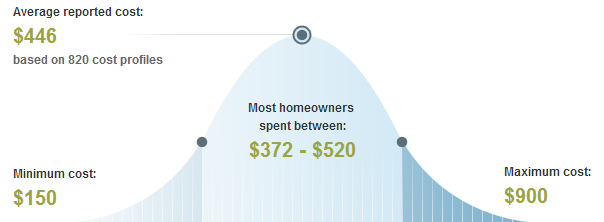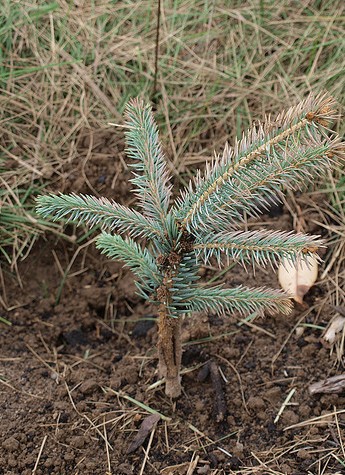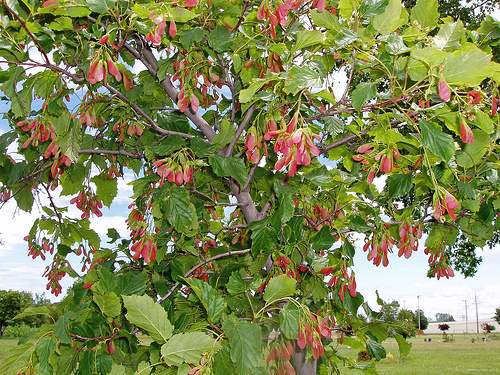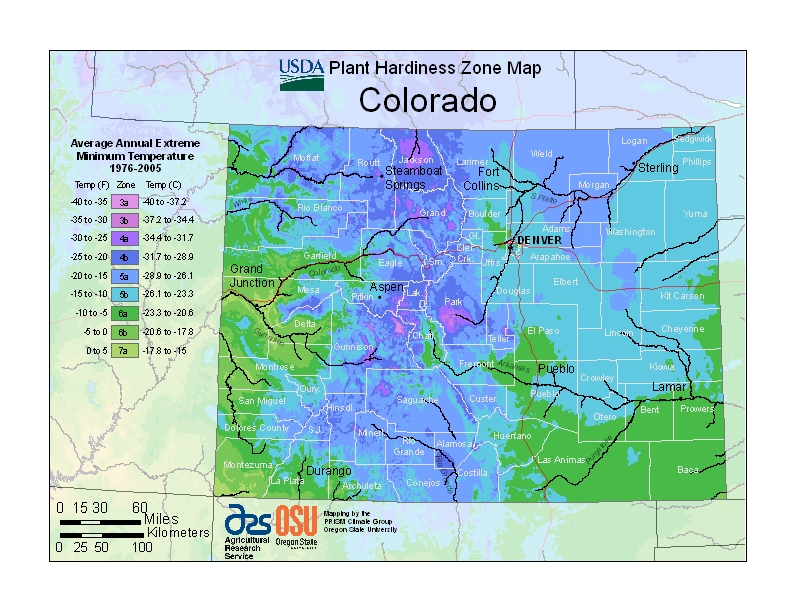Skip to a section:
- Costs – Living in Denver, Colorado, means living in one of most wooded areas in the United States. Don’t let the trees catch you unaware. We have any and all the statistics you need to be prepared when it comes time to trim and maintain those trees in the spring and summer seasons, even remove a stump or two.
- FAQs – Because there are so many trees in Denver, sometimes it’s hard to tell which is which. Learn more about the state tree, common trees you’ll find walking through Denver, diseases to watch out for, regulations associated with tree maintenance, good fruit trees to plant and more!
- Services – You have all this information, and now it’s time to get the right person on the job. Our list has everyone in the Denver area with a specialty in tree maintenance or removal. Give a few a call!
How Much Do Tree Services Cost in Denver?
Although many residents in Denver choose to maintain their yards and gardens on their own, there are some tasks that are best left to the professionals. Tackling these bigger tree service jobs require specialized equipment as well as experience, and it is typically better to bring in professionals for tree trimming, stump removal and tree removal. Use this guide to get a better idea of average costs for some of the most common tree services in Denver.

How Much Does Tree Removal Cost?
There are two major types of tree removal that will cost Denver residents between $372 and $520 in most cases. The first is living trees that need to be felled because they pose a risk to power lines or structures, and the second is felled trees that are simply too big to be removed. The latter job is always going to be the cheapest. Denver residents will pay an average of $446 to have a tree removed from private property.
How Much Does Stump Removal Cost?
Grinding a stump far enough down requires a grinder to physically work away at the tree trunk until it is flat. The cost of an average stump grinding is somewhere between $82 and $139. Stump removal, where the stump is uprooted from the ground, will cost between $200 and $250 depending on the circumference, type of wood and location of the stump in the yard.
Average Denver Tree Maintenance Costs
Trying to pin down the price of tree maintenance services can be tricky. Hourly wages often apply, but it may be in your best interest to pay for the job as a whole regardless of how many hours it takes. Denver residents will likely pay an average of $304 for pruning, tree trimming and branch cutting, but the cost is entirely dependent on the size of your project. The prices can vary and range between $252 and $356, depending on whether the trees have a lot of branches or are high off of the ground.
Denver Tree Facts & FAQs
Located in the Rocky Mountains and at a staggering elevation, Denver boasts some truly breathtaking natural scenery. Unsurprisingly, trees make up a big part of the city’s natural beauty. Even among residences and skyscrapers, Denver is home to more than 200 parks that include trees of all varieties. Whether you are planning to plant some trees in your own yard or just learn about the most common varieties in Denver, let this serve as your guide.

Colorado’s State Tree
The official state tree of Colorado is the blue spruce. Scientifically known as Picea pungens, the blue spruce has held this honor since 1939. The tree is found throughout the state of Colorado, and the state capital of Denver is home to hundreds of these majestic trees.
Common & Thriving Trees to Plant
Many of the trees commonly spotted throughout the city of Denver are those found on the Front Range Recommended Tree List. This list includes more than two dozen trees that are able to take root and grow from season to season. Although there are many more that didn’t make it onto the list, homeowners should stick to the list whenever possible. Recommended trees include the following:
- Tatarian maple (Cornus alba ‘Elegantissima‘)
- Kentucky coffee tree (Gymnocladus dioicus)
- Vanderwolf’s pyramid (Pinus flexilis)

Denver’s high elevation and continental climate zone demands a lot from trees growing in the city. Winds can get up to 60 miles per hour during storms, and it is possible to go from sub-zero temperatures in the morning to the high 60s by mid-afternoon. According to the Denver Post, some of the hardiest trees that thrive in the region include the following:
- Bristlecone pine (Pinus longaeva)
- Accolade elm (Ulmus davidiana var. japonica ‘Morton’)
- Russian hawthorne (Crataegus ambigua)
The two types of fruits trees that will grow best in Denver are apples and cherries. Sour pie cherries flower beautifully and are small enough to fit in most gardens. Honey crisp apples also grow well as they are hardy enough to withstand temperatures as low as 40 degrees below zero.
Trees Not to Grow in Denver
The worst trees to plant in Denver will be those that can’t handle cold temperatures or those that require a significant amount of water. Any trees that require steady temperatures above freezing, such as most palm trees and citrus trees, are better avoided in the often cold climate of Denver.
Staff at Colorado State University recently wrote about why aspen trees, very popular in Denver, are actually a terrible idea thanks to their high potential for insects and disease. Problems include rusty leaf spots, fungal diseases like cytospora and even oystershell scale.
Denver Tree Regulations
It is illegal to remove a tree within the public right of way even if it is on your property. Denver Parks and Recreation issues permits to those who want to remove a tree encroaching on their property or becoming a hazard. Trees growing entirely on your property that are not in the public right of way can be removed at any time without a permit. Tree removal in Denver is best done before the ground freezes. Ideally, this would be in September or October. However, a tree that could potentially be a hazard should be removed immediately regardless of the season.
Fire is a major concern for Xcel, Denver’s major power provider. For that reason, they use a new light detection and ranging technology to spot dying trees near their overhead power lines. However, residents still need to contact Xcel to remove any branches that may come into contact with power lines.
Plant Hardiness Zones for Colorado
Here are the plant hardiness zones for Colorado as provided by the USDA:

Sources:
Denver Post, “Tough trees that thrive on Front Range”
Denver Parks and Recreation, “Forestry (Trees)”
Denver Post, “Finally, a list of trees that thrive along Colorado’s Front Range”
Colorado blue spruce
Tatarian maple
Local Tree Services in Denver
